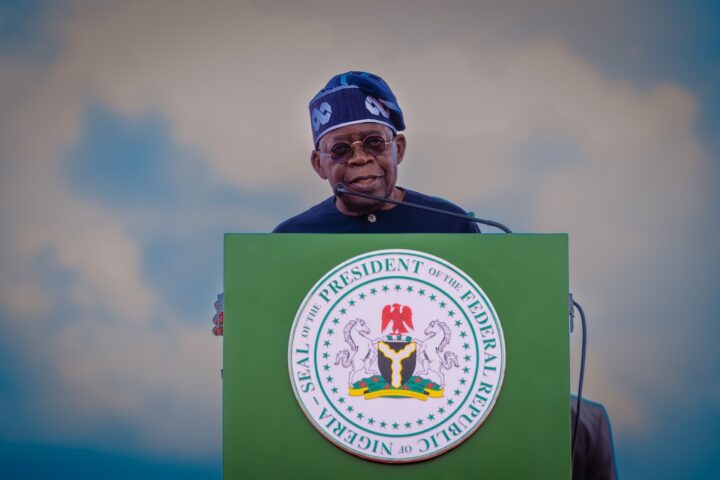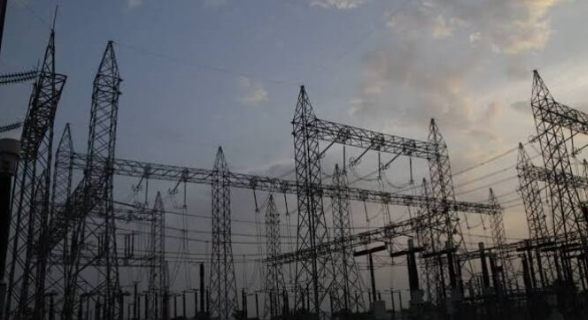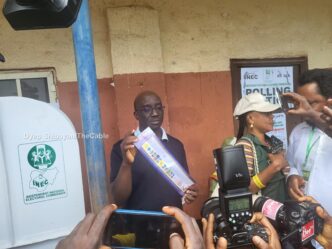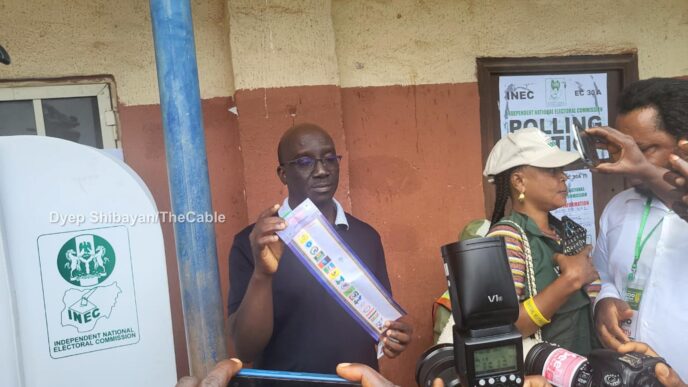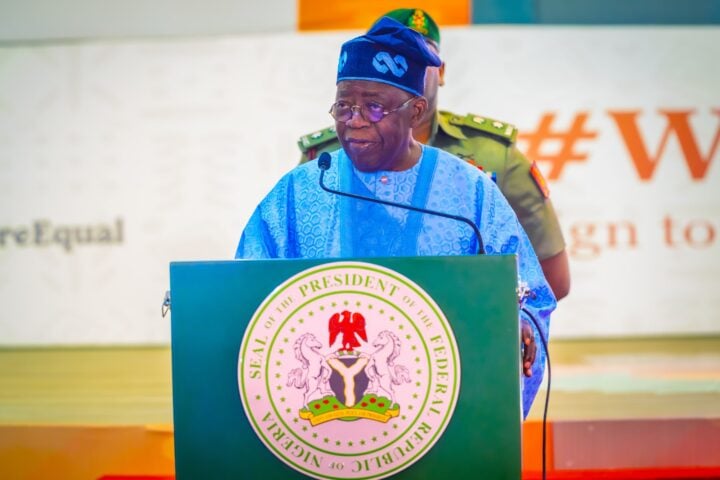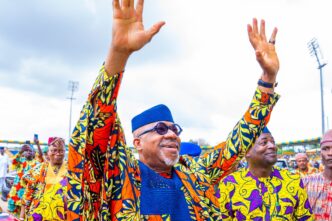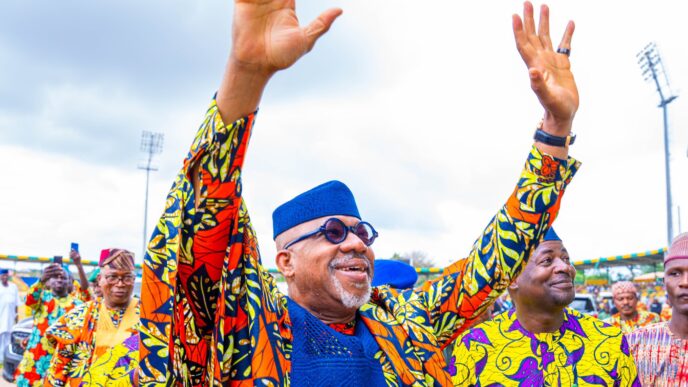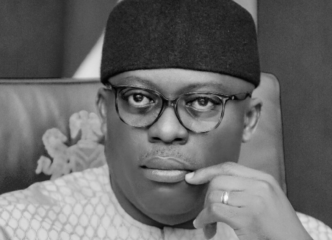President Bola Tinubu says Nigeria’s economic challenges are insignificant and manageable as long as the right policies are put in place.
Tinubu, represented by Vice-President Kashim Shettima, spoke at the 30th Nigerian Economic Summit (NES30) tagged ‘Collaborative Action for Growth, Competitiveness, and Stability’ on Monday, in Abuja.
The president said the challenges faced in Nigeria are not insurmountable, adding that the country will overcome them with the right partnerships and management.
“Like many other nations, Nigeria has experienced significant economic problems over the past few years. The challenges have been global as well as domestic,” he said.
Advertisement
“Nigeria’s growth trajectory has been volatile, heavily dependent on oil revenues, and unable to create enough jobs to keep pace with our rapidly growing population.
“As a nation, we must prioritise economic diversification. We need to harness our potential so that we can transform our anticipated demographic bulge into demographic dividends, not the demographic disaster that will consume all of us.”
Tinubu also said his administration has made significant strides in addressing several key issues, including regulatory bottlenecks and ease of doing business challenges.
Advertisement
According to the president, the progress will instil confidence in the country’s collective ability to overcome the challenges.
“We are also implementing fiscal reforms to stabilise the macro-economic environment,” he added.
“Removing fuel subsidies, unification of exchange rates, and debt management strategies are all part of a broader effort to restore economic balance and ensure long-term stability.
“It is also important to note that stability is not just about managing crises as they arise.
Advertisement
“It is about building a resilient economy that can withstand shocks. Ensuring the stability of the macroeconomic indicators and sustaining growth trajectory.
“I want to emphasise that the challenges before us are insignificant and manageable and can be overcome. With the right policies, the right partnerships, and the right level of commitment, Nigeria can emerge stronger, more competitive, and more resilient.”
On his part, Atiku Bagudu, minister of budget and economic planning, assured Nigerians that despite the hardship in the land, there would be light at the end of the tunnel.
Bagudu said he is confident about the state of the nation’s economy.
Advertisement
According to the minister, the country is facing the right direction with a decline in inflation among other economic indices.
“What has been achieved is a result of boldness, resilience and collaboration. We need more to compensate for the decades of under-investment and to ensure that we deliver a collaborative, competitive and stable environment.”
Advertisement
‘FG MUST OPTIMISE UNDERPERFORMING ASSETS TO BOOST TRADE’
In his remarks, Niyi Yusuf, chairman, the Nigerian Economic Summit Group (NESG), said the federal government must prioritise institutional reforms, particularly in reducing the cost of governance and optimising public assets to grow the economy.
Advertisement
“We must create frameworks that enhance productivity, unlock key sectors, optimise underperforming assets and strengthen our markets to foster trade and investment,” Yusuf said.
“Our natural resources have shaped our past, but I am convinced that it is our productive human resources and our talented youthful demography that will define our future, while the private sector will be the engine of our growth.
Advertisement
“Hence, government at all levels — executives, legislative and judiciary — MDAs, and regulators must all work to fuel and not frustrate this engine of growth. Money moves at the speed of light, hence Governance too must be fast and transparent.
“By attracting private capital and expertise, we can ensure that our national assets are used efficiently to benefit all Nigerians.”
Yusuf also said beyond economic reforms, Nigeria faces social dimensional challenges.
“We need to do more, do better, and act faster,” he added.
Yusuf also reiterated the importance of building a stable and inclusive economic environment through strategic legislative and regulatory reforms.
